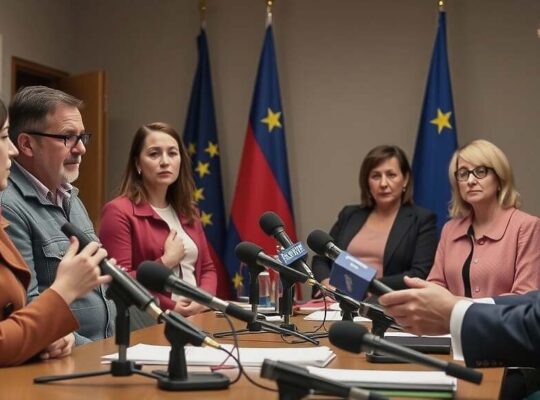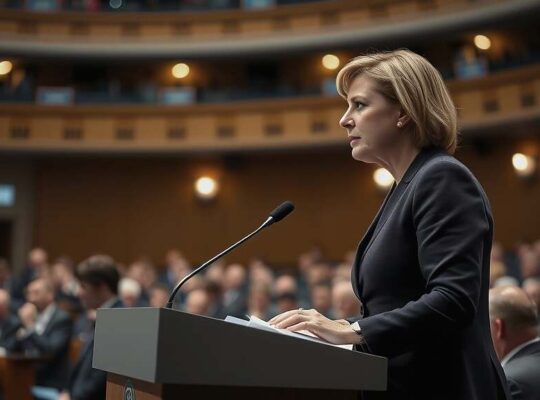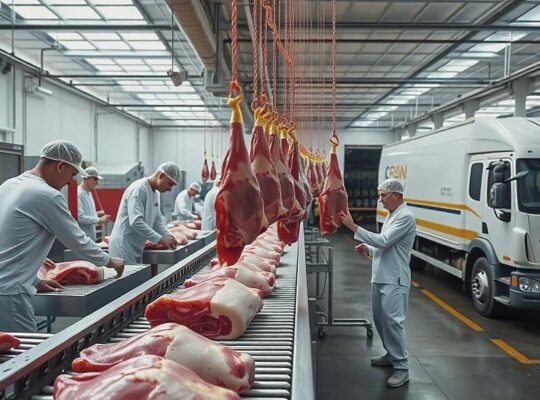The German coalition government, comprised of the Christian Democratic Union (CDU) and the Social Democratic Party (SPD), is bracing for a tense meeting of its coalition committee Thursday, focused on critical energy policy decisions. CDU General Secretary Carsten Linnemann signaled in an interview with “Handelsblatt” that the discussions aim to build upon prior agreements and further reduce energy costs, a perpetually thorny issue straining the fragile political alliance.
Linnemann emphasized the urgency of decisions that bolster the competitiveness of German industry, particularly focusing on the vital role of small and medium-sized enterprises (SMEs) and the skilled trades – sectors increasingly struggling under high energy prices. While the coalition previously implemented measures to alleviate the burden, the current situation demands more decisive action, he stated, hinting at potential policy shifts.
However, the commitment to lowering energy costs without jeopardizing Germany’s ambitious climate goals presents a complex challenge. Critics argue that previous measures, while providing short-term relief, have lacked a long-term strategic vision and may have inadvertently distorted market signals. Further complicating matters, disagreements over the pace and scope of energy transition policies have consistently punctuated coalition meetings, raising concerns about stability.
Sources within the SPD have privately expressed reservations about potential CDU proposals, fearing they might prioritize short-term economic gains over the coalition’s broader commitment to decarbonization. The upcoming meetings, slated to continue until Christmas, are therefore seen as a crucial test of the coalition’s ability to reconcile these fundamentally different priorities. Failure to achieve consensus could trigger renewed speculation about the coalition’s longevity and potentially force early elections, leaving Germany’s economic future in further uncertainty. Observers are keenly watching to see if the coalition can deliver a tangible plan that addresses the immediate cost crisis while securing Germany’s long-term economic and climate ambitions.












